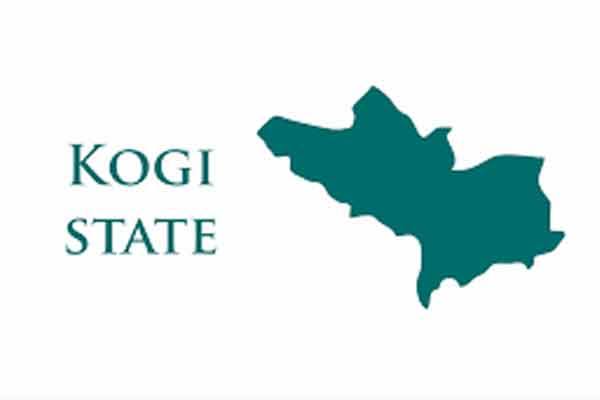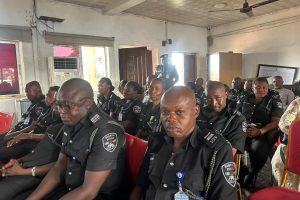VAT: Kogi State Opposes Lagos, Rivers
The Kogi State government has said it will not involve itself in the pursuit to retain the Value Added Tax as embarked on by the governments of Lagos and Rivers.
The Governor of Rivers State, Nyesom Wike, had signed a bill on VAT followed by an order requiring businesses to henceforth pay VAT to the state and not to the Federal Inland Revenue Service.
He announced that the payment of VAT to the state will commence this September.
This was after a judgment by a federal high court in Port Harcourt restrained the FIRS from collecting VAT in the state.
The Lagos State government, in line with the judgment, also passed a VAT bill and asked the FIRS to stop collecting VAT from businesses in the state.
The move by both states was opposed by Kogi State through the Commissioner of Information, Kingsley Fanwo, in an interview with Arise TV on Friday.
He said, “We are not created equally, and God that created us did not give us equal potential, and we have to support one another.”
Speaking further, Fanwo said, “This call shows that some of our leaders are insensitive, self-centred and trying to make policies that will further divide the country.
VAT: Kogi State Opposes Lagos, Rivers
“Kogi is bordered by about 10 states of the federation and a gateway to the north, south, to everywhere. And you know that thousands of vehicles transverse the state on a daily basis. It’s the mineral capital of Nigeria. When you look at our advantages, we should even be at the forefront of fighting for VAT to be completely retained in the state.”
He continued, “When you look at the development of the South-West in those days — the cocoa house — and the groundnut pyramids in the north, the whole of Nigeria is reaping the benefit till today. And what we need to do at this material time as leaders is to stop thinking about ourselves alone.
“The position of governor Yahaya Bello on this is very clear: we will not jump on that bandwagon to call for the retention of VAT completely in the state. We are not created equally, and God that created us did not give us equal potentials, and we have to support one another.”










Add Comment